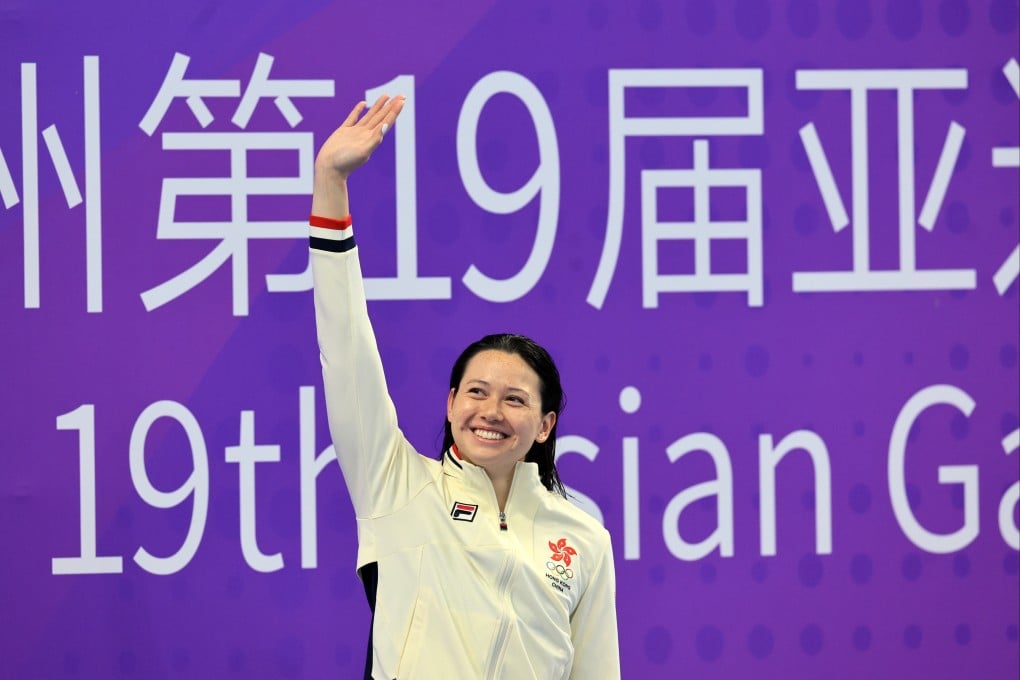Analysis | Asian Games 2023: can Hong Kong maintain Hangzhou success? That is the HK$7 billion question
- After the city hit new heights at the Games, next comes the challenge of repeating the feats of its best-performing sports and lifting others to their level
- New stars joined the established likes of Siobhan Haughey in delivering medals, but there are questions for some generously funded sports that did less well

The best coaches and athletes in the world, no matter what sport they are involved in, never rest on their laurels. Success is merely a motivation for more success.
Alex Ferguson, one the best managers in football history, would return to his office the morning after winning a Premier League title or a Champions League and immediately begin planning for the next one.
Before their gold medal at the Asian Games, the Hong Kong men’s rugby sevens side spent five years preparing to defend the title they won in Jakarta in 2018. They had even planned for the one team they knew they may struggle against – Japan – and proceeded to beat them.
By many metrics, the city’s athletes have enjoyed their best Games ever. The 53 medals was a record haul, and included gold for the first time in swimming, the women’s road cycling and golf, a first athletics medal not won on the track, and several personal bests.

Not a day seemed to go by when the Hong Kong flag was not raised on multiple occasions as athletes stepped onto the podium, and it was well into the second week of full competition before that stopped.